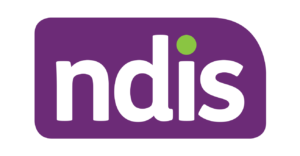
Resources on employment and disability
For young people with disability
Find resources to help you learn about your rights in the workplace, and support to find and apply for accessible jobs.
For employers
Find resources on how to make your workplace and recruitment practices accessible, and engage young people with disability in employment.
We would love your feedback!
We are always looking for ways to improve! Let us know what you think about our website (the part about DREAM) by filling out a super-quick anonymous survey.






